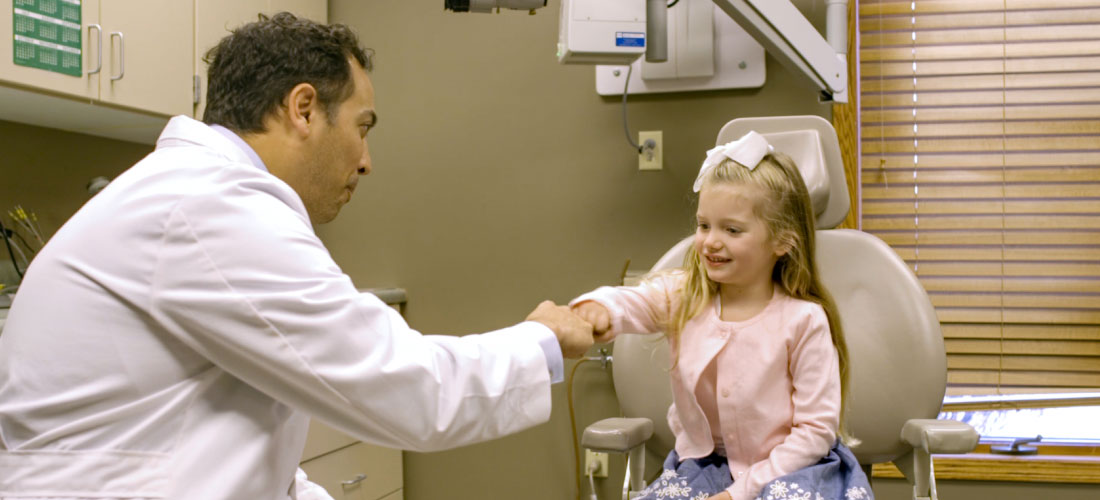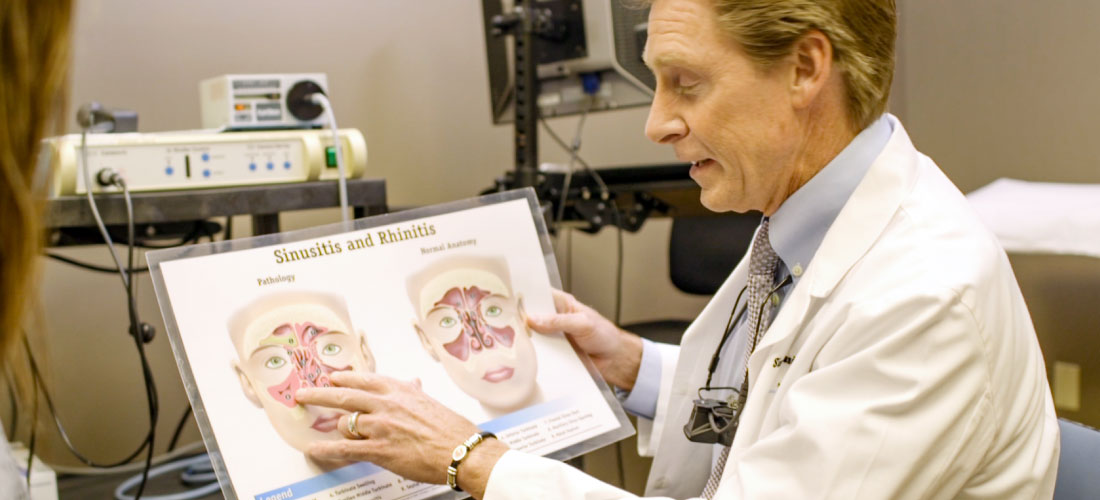Know the A, B, Cs to Get Your Zs
A range of problems, such as an inability to enjoy family and social relationships, difficulty concentrating, memory problems, decreased quality of life, increased missed work, poor job performance, higher incidence of pain and dangerous falls, can all be the result of something as simple as inadequate sleep.
– Kenneth M. Scott, MD, FACS /Board Certified Sleep Specialist, Midwest Ear, Nose & Throat
Sixty to seventy percent of shift workers are more likely to complain about problems with sleep disturbance and general fatigue than workers with a set schedule.
 Increasing cases of sleep disorders isolated to people who work night, evening or rotating shifts has health care workers staying up-to-date on the latest ways to diagnose and treat this type of sleep disorder. Called Shift Work Sleep Disorder (SWSD), it’s defined as a circadian rhythm sleep disorder that’s identified as an inability to fall asleep or excessive sleeping. Unfortunately, health care workers themselves likely fall into this category since hospitals employ a large number of shift workers.
Increasing cases of sleep disorders isolated to people who work night, evening or rotating shifts has health care workers staying up-to-date on the latest ways to diagnose and treat this type of sleep disorder. Called Shift Work Sleep Disorder (SWSD), it’s defined as a circadian rhythm sleep disorder that’s identified as an inability to fall asleep or excessive sleeping. Unfortunately, health care workers themselves likely fall into this category since hospitals employ a large number of shift workers.
Dr. Ken Scott, board certified sleep specialist at Midwest Ear, Nose and Throat in Sioux Falls, says that aside from shift workers, ten to fifteen percent of all people suffer from insomnia to the point that it affects them during the day.
“Most of the time, cases are seen in adult, menopausal women but any age can be affected,” Dr. Scott says. He also notes that, depending on the severity of the disorder, a range of problems, such as an inability to enjoy family and social relationships, difficulty concentrating, memory problems, decreased quality of life, increased missed work, poor job performance, higher incidence of pain and dangerous falls, can all be the result of something as simple as sleep.
The thought is that people whose bodies have an increased metabolic activity during sleep are more prone to insomnia. Although it can occur in people who suffer from other medical problems, such as depression, it can sometimes be due to a diagnosis of sleep apnea or sleep-related movement disorder.
“Many people can have brief struggles with insomnia during stressful life events, but for some people, it settles into a chronic problem that can start as a child and last throughout their entire life,” Dr. Scott says.
As for shift workers, a practical approach to treatment is first diagnosing any sleep disorders, then working to optimize their sleep opportunity. Dr. Scott says prescription medications to induce sleep while still being able to wake up at the necessary time can work. He also recommends a combination of non-prescription medications and light therapy.
“For long-term treatment of insomnia, it’s advised to use non-medication therapeutic treatments with or without prescription medications,” Dr. Scott says.
Education is also a form of treatment. Sleep education programs, which make use of principles from Cognitive and Behavioral Therapy for Insomnia (CBTI), offer vital information to help overcome symptoms or even avoid them altogether.
“This program has shown promising results, especially for patients suffering from insomnia,” Dr. Scott says.
By Jennifer Dumke | Sioux Falls Woman












